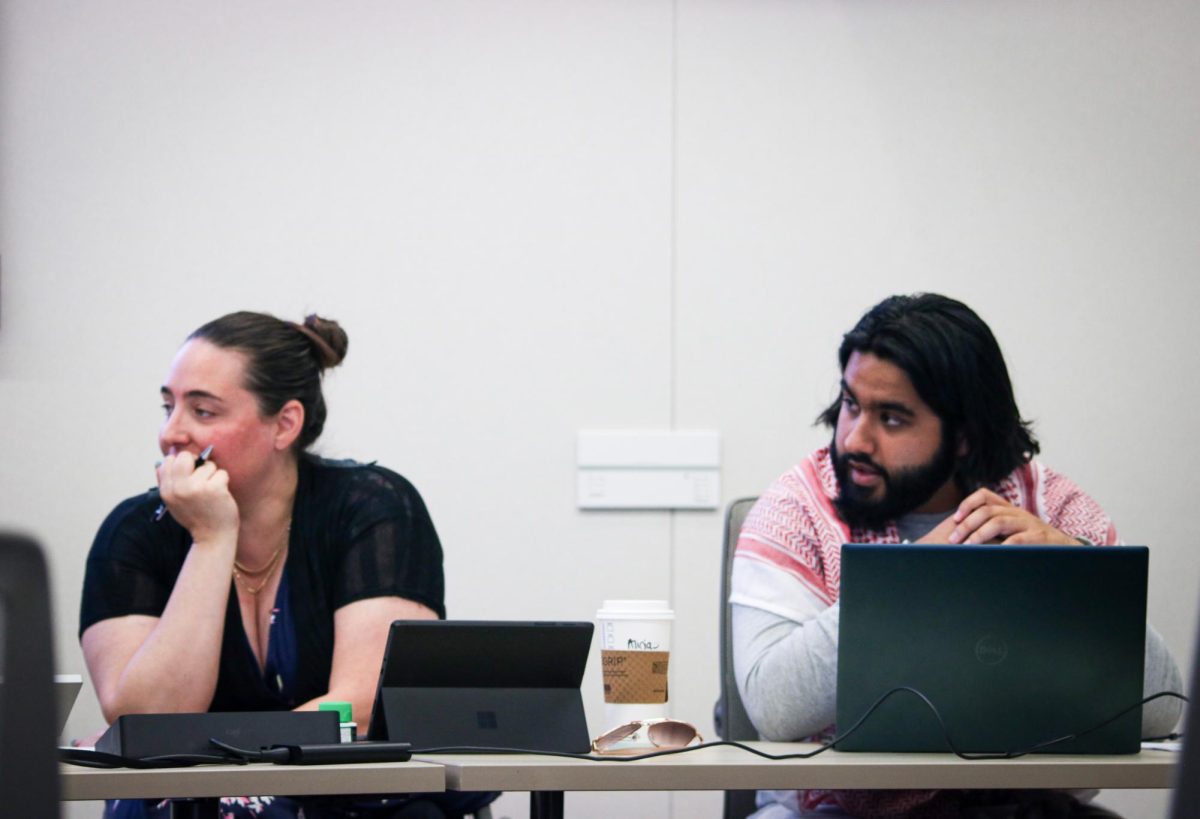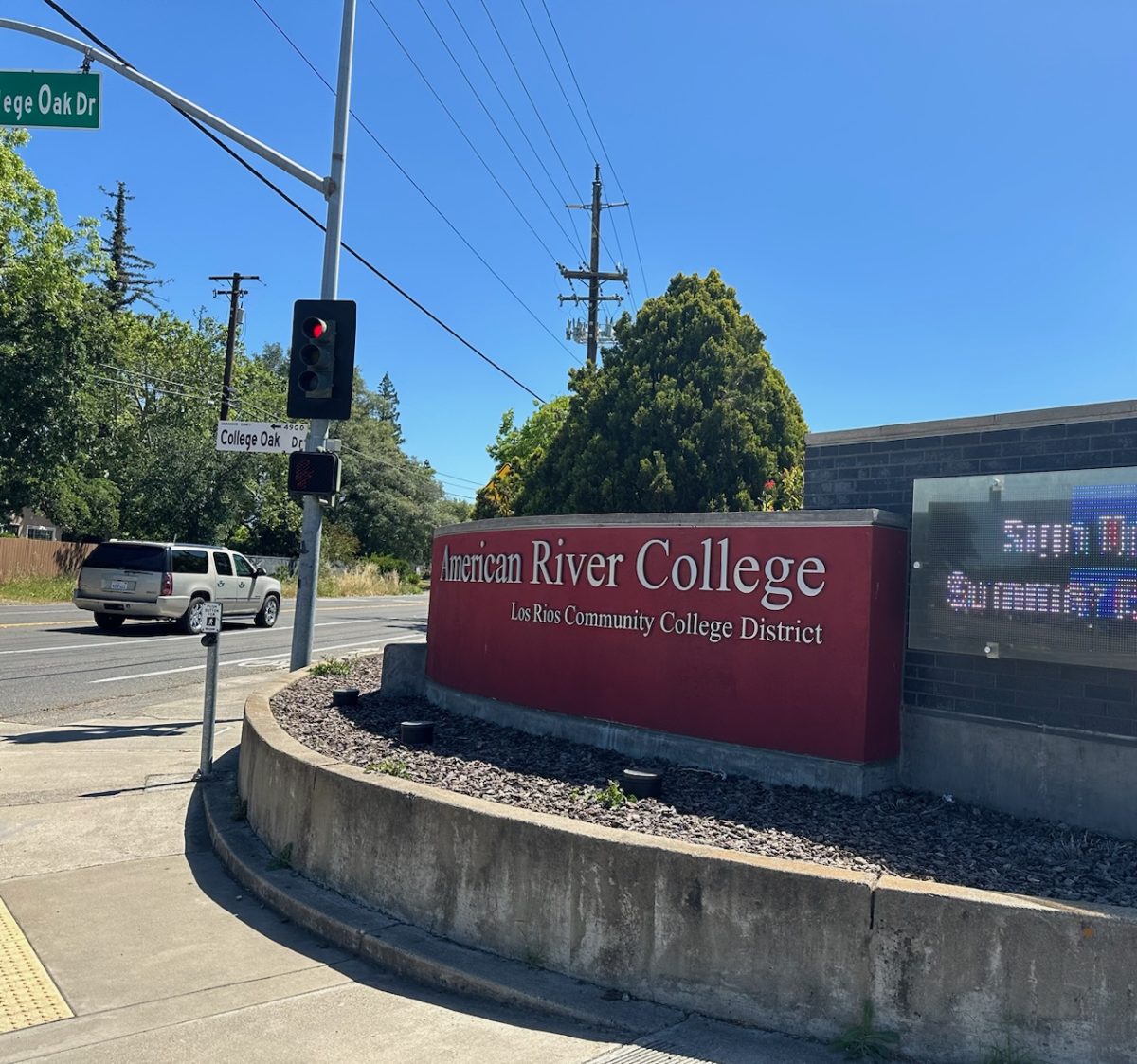Editor’s Note: This is the second part in a two-part series showcasing the growing awareness of post-traumatic stress disorder at American River College and with veterans returning from war.
Anthony Stewart arrives at his classes early and finds a seat in the back of the classroom.
Not because he wants to zone out, rather because he has to.
“It’s not easy to sit in a class full of people who are mumbling here and mumbling there,” Stewart, a 32-year-old administration of justice major said. “And (I) get claustrophobic.”
Stewart, like one in every four veterans returning from battlegrounds in Afghanistan and Iraq, suffer from post-traumatic stress disorder.
American River College, like the other 112 community colleges in California, will educate 80 percent of veterans utilizing the education benefits afforded to them in the state for institutions of higher learning.
With nearly 1,000 veterans taking classes at ARC, the population of those suffering from PTSD grows as well.
And with this comes the needed growth of sensitivity from administration, faculty and fellow students of what is being called an “invisible disability.”
“You have someone who has brain trauma, and they don’t necessarily look like they have a disability,” Barbara Westre, a counselor with Disabled Student Programs and Services said. “Just because you can’t see it, doesn’t mean it’s not there.”
Stewart is well bodied and a student of martial arts for 15-plus years. But like other students with learning disabilities, sometimes he has to utilize the desks afforded by DSPS in the back of classrooms because of his heightened awareness from years in combat.
“I grew up with the mental discipline,” Stewart said. “It doesn’t make it easy, but for me, it makes it manageable. Even with that discipline, it is tough at times.”
Stewart, like other veterans suffering with PTSD, like Daniel Ayers (the subject of “PTSD: America’s invisible disability” in issue 8), said sitting in the back of the class allows them to see everyone else and have a visual of the door. Both are side effects of the hypersensitivity stemming from the disability.
Learning Disabilities Coordinator Kathleen Cronin agrees that classroom environments can sometimes elicit sudden flashbacks for a student with PTSD.
“In the classroom, things can crop up,” Cronin said. “Visualizations or re-enactments of the war sometimes trigger that. Like a loud noise or bright lights, instructors speaking fast and changing topic may startle somebody and (that student) can go back to that scene from trauma.”
Troops are given a medical evaluation prior to separating from the military. If the member does have effects or symptoms resulting from PTSD, they are then advised to seek medical treatment from the Veteran Affairs’ mental health department.
From there, with the proper documentation from the VA, students can enroll with DSPS once they are enrolled at ARC, to help guide them through the transition from the military culture to life as a student.
“It’s about how to fit into this culture when (the previous) culture was out in the warzone with fellow (troops),” Cronin said.
But Cronin understands that some troops returning will come into the classroom environment with complications from the adjustment.
“Counseling support would definitely be helpful,” Cronin said. “Speaking with other vets about their experiences.”
Chad Funk, ARC counseling supervisor, feels that the information and awareness comes from the veterans themselves.
“A lot of veterans are taught in the military to be self-sufficient and to keep their chin up and be strong,” Funk said.
The campus continues to offer multiple offices available for veterans with PTSD to find information. The veteran’s support desk at the enrollment counter will have veteran students working at the desk along with the certifying official.
The enrollment center is also looking for new, more private space than allocated now at the support desk.
“We are looking at the possibility of making some changes with our desk and the configuration,” Dean of Enrollment Services Robin Neal said. “Right now it’s just an open counter. We are looking at ways where the contact at the desk is a little bit more private.”
Students suffering with PTSD can also speak with others who also suffer from the disability with peer counselors in the Re-Entry Center.
“It doesn’t matter if you are a vet,” Veteran Club President Nick Rhodes said. “If you have PTSD and you think you have a problem — come talk to one of us. You don’t have to join the Vet Club; you can just come talk to one of us. We are always there for everybody.”







